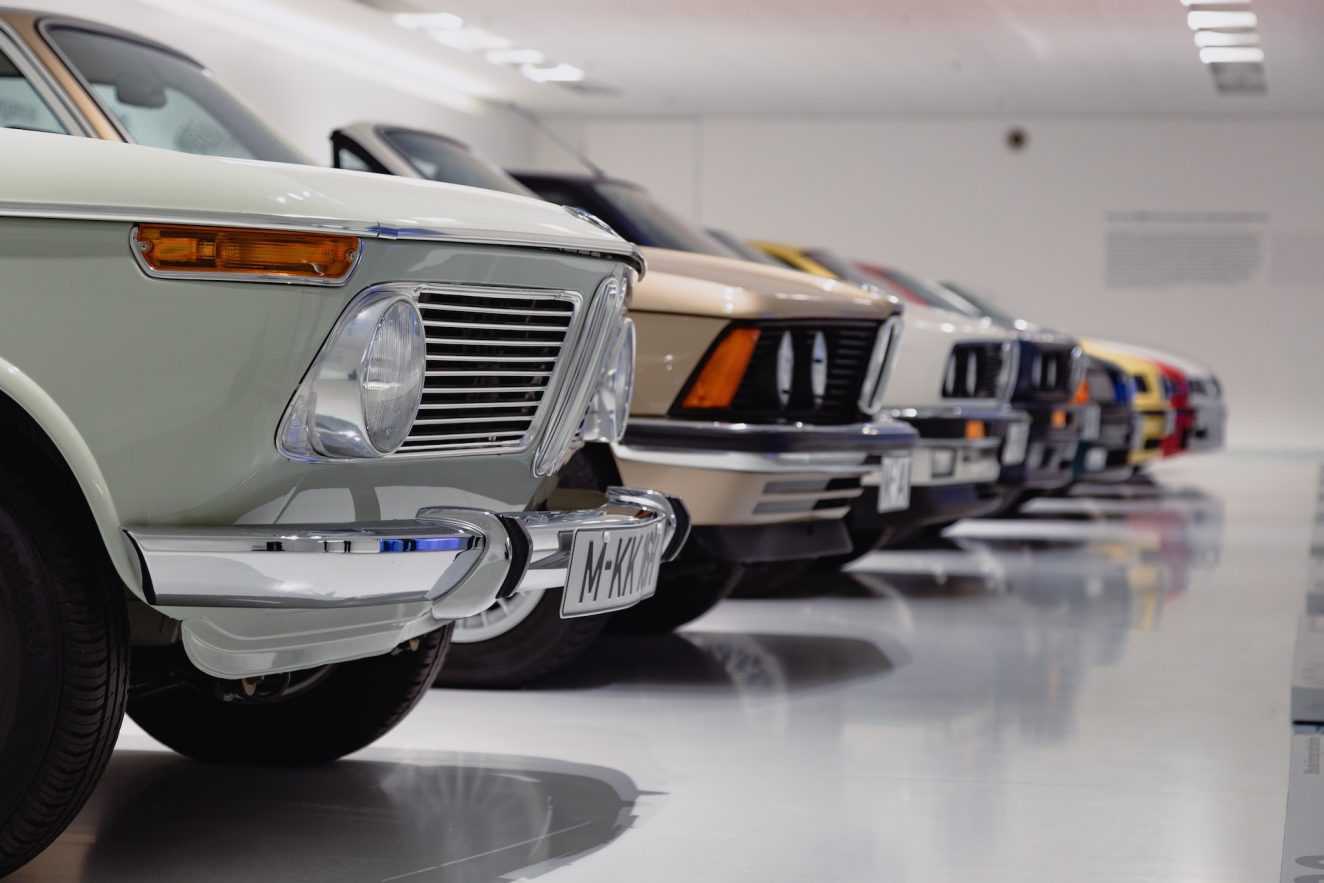From the first rumble of an engine to the sleek electric vehicles of today, cars have held a special place in our hearts and on the open road. In this thrilling journey through automotive history, we’ll delve into fun and intriguing facts about cars, including the advent of the first car, their cultural significance, the importance of eco-friendly vehicles, and the types of cars that are better left in the past.

The First Car: A Vehicle That Ignited a Revolution
What was the first car like, and who had the audacity to drive it? The honor of creating the world’s first gasoline-powered automobile goes to Karl Benz, a German engineer and inventor. In 1885, Benz unveiled his Motorwagen, a three-wheeled, single-cylinder vehicle that could reach a top speed of 10 miles per hour. This invention marked the birth of the modern automobile, changing the course of transportation history.
The Pioneering Drive: On a summer day in 1888, Bertha Benz, Karl Benz’s wife, undertook the world’s first long-distance car trip, covering roughly 65 miles. Her journey from Mannheim to Pforzheim not only showcased the car’s potential but also helped identify and resolve early mechanical issues, such as clogged fuel lines and brake wear.
Cultural Significance of Cars
Cars have become more than just a means of getting from point A to point B. They are symbols of freedom, adventure, and personal expression. Here are a few ways in which cars have embedded themselves in our culture:
- The American Dream: In the United States, cars have long been associated with the pursuit of the American Dream—a promise of independence, opportunity, and mobility.
- Iconic Film Moments: Think of classic car movies like “Thelma & Louise” or the unforgettable “Bullitt” car chase scene starring Steve McQueen, and you’ll realize how cars are central to the magic of cinema.
- Car Music: Musicians from Chuck Berry to Bruce Springsteen have celebrated the automobile in song, making it a driving force in the world of music.
The Importance of Cars in Our Lives
Cars are more than just a mode of transportation; they are integral to modern life for several reasons:
- Mobility: They provide the freedom to travel, commute, and explore new places, helping us connect with loved ones and experience the world.
- Economy: The automotive industry is a significant contributor to the global economy, providing millions of jobs and supporting a vast supply chain.
- Transporting Goods: Cars play a crucial role in the distribution of goods, supporting industries ranging from logistics to delivery services.
- Emergency Services: Police, fire, and medical professionals depend on cars to respond quickly to emergencies and save lives.

Cars That Should Retire: Farewell to Gas Guzzlers
Not all cars age gracefully, and certain types of vehicles are better left in the past. Gas-guzzlers, for instance, are increasingly considered relics of a less eco-conscious era. These vehicles are typically large, heavy, and inefficient when it comes to fuel consumption, contributing to environmental concerns like air pollution and climate change.
Eco-Friendly Alternatives: Driving for a Greener Tomorrow
The environmental impact of traditional combustion engine cars has led to the development of eco-friendly vehicles, including electric cars, hybrid vehicles, and those running on alternative fuels. These cars aim to reduce emissions, lower fuel consumption, and pave the way for a more sustainable future.
- Electric Cars: Electric vehicles (EVs) are becoming more prevalent, with industry leaders like Tesla pioneering the way. They are powered by electricity and produce zero tailpipe emissions.
- Hybrid Cars: Hybrids combine gasoline or diesel engines with electric motors, optimizing fuel efficiency and reducing emissions.
- Plug-In Hybrids: These vehicles can run on electric power for a certain distance before switching to their internal combustion engine.
- Hydrogen Fuel Cell Cars: These cars use hydrogen gas and oxygen to generate electricity, emitting only water vapor as a byproduct.
- Compressed Natural Gas (CNG) Vehicles: CNG cars use compressed natural gas as a clean-burning alternative to gasoline or diesel.
Fun and Quirky Car Facts
Let’s sprinkle in some delightful tidbits about cars:
- Traffic Jams: The longest traffic jam in history, spanning over 60 miles, occurred in China and lasted for a staggering 11 days.
- License Plates: In the early 20th century, some states issued porcelain license plates. Today, these antique plates are highly collectible.
- The First Speeding Ticket: The first recorded speeding ticket was issued in 1902 when a New York City cab driver was caught going a breakneck 12 mph.
- Horsepower: The term “horsepower” was coined by James Watt, a Scottish engineer, to help people relate to the power of steam engines. A typical horse could perform work at a rate of about 550 foot-pounds per second.

Cars have come a long way since Karl Benz’s pioneering Motorwagen. They are now an integral part of our lives, shaping our culture, and playing a vital role in the global economy. As we drive towards a greener and more sustainable future, the rich history and enduring significance of cars remind us that they are more than machines; they are vehicles of possibility, adventure, and dreams. The open road beckons, promising endless discoveries and the joy of the journey, all from the comfort of our trusty cars.





